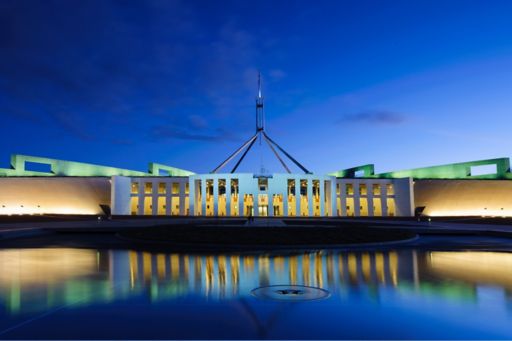The Queensland Greens introduced into the Queensland Parliament on Thursday 13 October 2022 the Land Tax and Other Legislation (Empty Homes Levy) Amendment Bill 2022.
The Bill proposes to amend the Land Tax Act 2010 and the Valuation Act 2010 and proposes changes stated to help address issues caused by low rental vacancy rates across Queensland.
The Bill proposes to charge investors a 5 percent levy on the capital improved value of their residential property or vacant residential land if it has been vacant for six months or more in a year.
The measure will commence from 1 July 2023 and in practice means it would apply to homes that have been empty for six months or more of the year following 1 July 2022.
The Bill is said to ensure the taxation system provides an incentive for property owners to put vacant residential homes onto the rental market.
The empty homes levy is imposed in addition to any other Queensland land tax payable.
Imposition of empty homes levy – key details
A liability for the levy arises at midnight on 30 June immediately preceding the financial year.
A person who is a Queensland ‘empty home’ landowner when a liability arises is liable to pay the levy (i.e. the landowner).
Residential land is land that is capable of being used, or reasonably capable of being made usable, for residential purposes.
Whether land is reasonably capable of being made usable for residential purposes is to be determined without regard to the cost of constructing or renovating a residence on the land.
Residential land excludes aged care facilities, commercial residential premises (within the meaning of that term in the GST Act, but does not include premises used and occupied under a short-term letting agreement), retirement villages and supported accommodation services.
Residential land is vacant in a financial year if the land has not been used and occupied, whether continuous or aggregate, for a period of more than six months in the preceding financial year by prescribed persons (e.g. owner or tenant, as principal place of residence).
Exemptions from empty homes levy
Under the Bill, land is exempt from the levy for a financial year if, in the preceding financial year:
- the land changed ownership; or
- a residence was being constructed or renovated on the land and at the end of the preceding financial year the renovation or construction was not complete, and the Commissioner is satisfied the renovation or construction is not undertaken to avoid paying the empty homes levy has not been unreasonably delayed or prolonged by the landowner; or
- the land was used as wildlife habitat; or
- the owner died in the preceding financial yar; or
- the person occupying the land the preceding financial year started residing in an aged care facility; or
- the land is prohibited from being used as a principal place for residence; or
- the land was used for primary production; or
- is eligible for further exemption if the Commissioner is satisfied that the imposition of the levy would be unfair and would not further the purposes of the levy; or
- was used for commercial residential premises excluding short-term letting arrangements such as Airbnb.
If the landowner is given an assessment notice for the levy for a financial year, a landowner can apply for an exemption (including by providing evidence of utility bills to demonstrate the requisite occupancy, for example).
Therefore, it appears that the Queensland Revenue Office would have to collect the requisite information to then issue an assessment.
It also appears that an exemption would need to be applied for each year that an assessment is issued.
In terms of similar regimes in other jurisdictions, Victoria imposes a vacant residential land tax, and up until 1 July 2022, the Northern Territory imposed a property activation levy.
However, unlike the Victorian tax, the proposed Queensland levy:
- is not self-reporting;
- applies to all Queensland land (and not just inner and middle Brisbane suburbs, for example);
- is imposed at a 5 percent rate (instead of 1 percent in Victoria);
- does not provide for exemptions such as land being used as a holiday home for minimum periods; and
- does not provide for exemptions such as land being occupied by the owner for the purpose of attending their workplace or business.
The debate in the Legislative Assembly has been adjourned until Tuesday 25 October 2022.
It remains to be seen if the Bill will have the requisite support to be passed.
Please contact a member of the KPMG State Taxes Team to discuss further.





